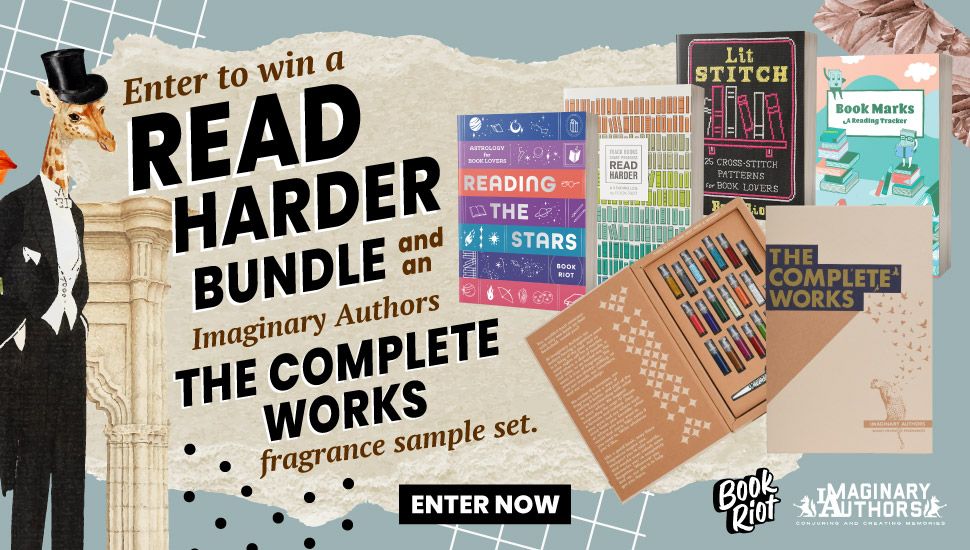
I Have Aspergers and This Book Changed My Life
I have a pretty clear memory of the time in my life that I learned to ask, “How are you?” in conversation. I was 17 or 18 and sitting in class listening to my friends talk–no, not listening, really, but studying. I’ve always been an analytical, practical sort; when I realized that I wasn’t making the same kinds of friendships as other people seemed to be, I looked for answers. (Okay, I won’t lie: for several years, I mooned around about nobody liking me, and when I got closer to adulthood I looked for answers. Early teen angst, amirite?) I seemed always to be at arm’s length while other people were closer and got invited to more things.
I didn’t know that I had Aspergers then; I only knew that I was off somehow. So I started to study my friends. One of the things I noticed was the prevalence of “How are you?”– a question I rarely bothered to ask. I never saw the point of asking when the socially-acceptable answer was, “Fine, you?” no matter how you actually were. (I am still that person who tends to answer “How are you?” with too much honesty.) I had missed the purpose of “How are you?” as a conversational ice-breaker; I adopted it into my conversations just because it was what people said.
I blundered through many more social discoveries, seeking role models to fashion myself after. Coworkers taught me jocularity. Bosses taught me professionalism. I still struggled; one manager in particular seemed baffled by me, as I was a great worker but not so great at reading customers and not improving at it. I didn’t know about my Aspergers so I had no explanation for her. I, too, was baffled and not a little frustrated.
Another manager, knowing that I was eager to progress, recommended a book to me that he said had changed his life. I was skeptical; the book seemed hokey, the kind of title that was a punchline rather than being compelling. At the time, though, I really wanted to be a superstar employee so I took the book home and I read it and holy shit this book changed my life.
If a meaningful textbook exists on human communication, this is the book. The book delivered truth after truth to me as I nodded to myself saying, “Yes, I do this all the time and yes, I do dislike it when people do this to me, yes.” People’s motivations suddenly made sense; the author goes into great detail in describing what drives people and what lies under their communication. I now understood why it’s important to ask “How are you?” even if the answer is expected. Overnight, I became able to parse interactions with others significantly better.
I also became more likable. I don’t know that I was unlikable before, but being my friend took far more energy than necessary; certainly more energy than most people are accustomed to putting into friendships, which probably deterred people from getting close. I don’t beat myself up about it–I’m still not neurotypical and never will be–but once I found the information I needed to improve my friendships, I grabbed it and never let go.
This book has helped me get jobs, keep amazing friends who actually want me around, and build a stronger social network overall. I also communicate better in my marriage (though I’m still always working on that). I’ve used the principles in many different ways to improve my life; thanks to this book, I think I’m actually better at communicating than some neurotypical people I know.
You might notice that I haven’t named the book yet in this post. I haven’t named the book for a reason: once I tell anybody the title of this book, I get the polite version of a massive eye-roll. (I can see you doing it mentally, I can!) It sounds like a joke at best, or some kind of wacky cult at its most sinister; discussing the book with Rioter Jeff (who is also a fan), he said that it’s because the title is too earnest. Written in the 1930s, what quickly became a bestseller then now seems quaint.
But:
If you struggle at all with making friends, if you struggle at all with communication, you have nothing to lose by picking up this book and everything to gain. Plus, since so many people do dismiss it based on the title, you’ll have a leg up if you give it a shot. It’ll be like we’re part of an awesome secret club. Just, please don’t think it’s a prank when I tell you what it is, okay? Because I’m dead serious about the improvements it has made in my life; if I had dismissed it based on the title like I initially wanted to, I might still be stuck in social hell.
The book is . . .
Drum roll, please, Ringo.
How to Win Friends and Influence People by Dale Carnegie. No, I’m not joking. It’s incredible. And you will be able to both win friends and influence people after reading it, even if you have Aspergers like I do.
If you’ve read the book, give a shout in the comments–am I lying about how awesome it is, or what?
















